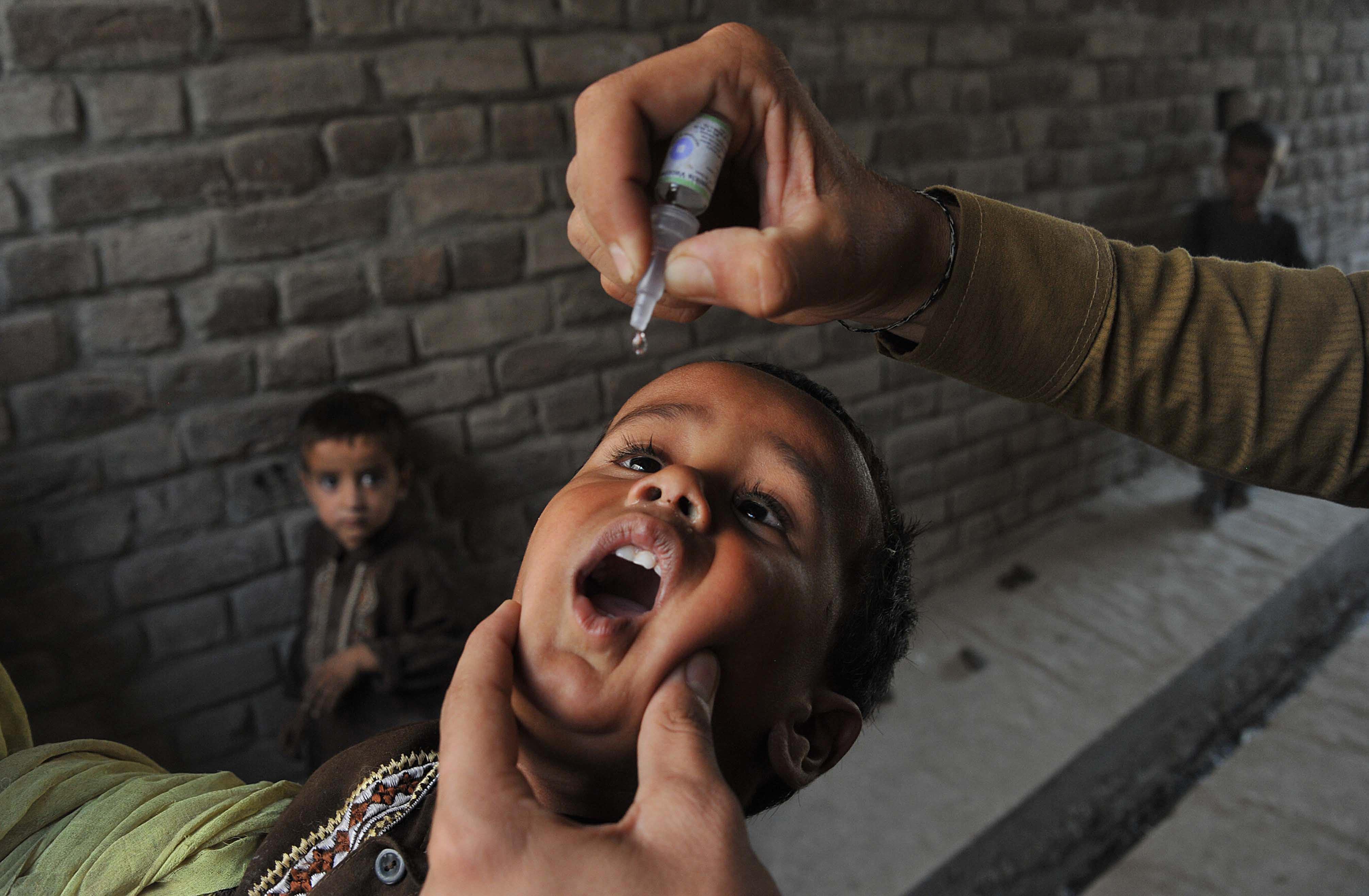The Bill and Melinda Gates Foundation has been spearheading an effort over the past couple of years to close the last mile on polio eradication. Polio used to be a very prevalent infection disease that killed and paralyzed lots of children. These days barely anyone dies of polio. But one of the main reasons that barely anyone dies of polio is that plenty of time and money are spent vaccinating people against polio. Consequently, the disease is at a sort of odd cliff as a humanitarian undertaking. The marginal value of an additional polio vaccination is low (since polio deaths are so rare) but the value of completely eliminating polio is in principle quite high since once there’s no polio at all in the world then we can permanently stop spending resources on polio vaccines and redirect that public health money to malaria or clean water or whatever else catches your fancy.
The Gates Foundation believes it has a plan to get this done for about $5.5 billion over a six-year period, and they’ve raised about $4 billion in pledges already. Their rather modest “ask” of the United States government is that we increase our annual contribution to this effort to $200 million a year from its current pace of $150 million a year (a sum we occasionally undermine by using vaccination as a front for intelligence operations).
My guess is that the relevant members of the Obama administration are highly sympathetic to the idea of coughing up the extra money, but have not been incredibly successful at obtaining the time of the most senior level of officials to discuss political, legal, and communications strategies for getting this done. One often hears that helping-by-killing versus helping-by-curing isn’t an either/or choice, but while that’s true as a matter of literal funding it’s absolutely not true as a matter of senior administration official bandwidth or political capital. Fully closing the funding gap would cost approximately what the U.S. spent on the Libya intervention (that’s not considering spending by NATO allies) so winning the war on polio would be an undertaking of roughly the scale that we’re prepared to contemplate for military measures.
That said, while Denis McDonough does need to make zero-sum choices about which meetings to schedule you as a citizen don’t have the same kind of constraint. Whatever you think about Syria, I would just urge that if you’re thinking about international humanitarian issues this week you spend some time to ponder how close we are to eradicating a major disease and to the idea that maybe it’d be smart for major rich world powers to throw their shoulders into this.
